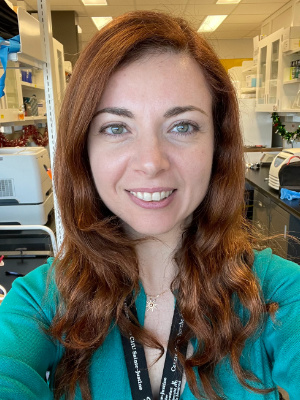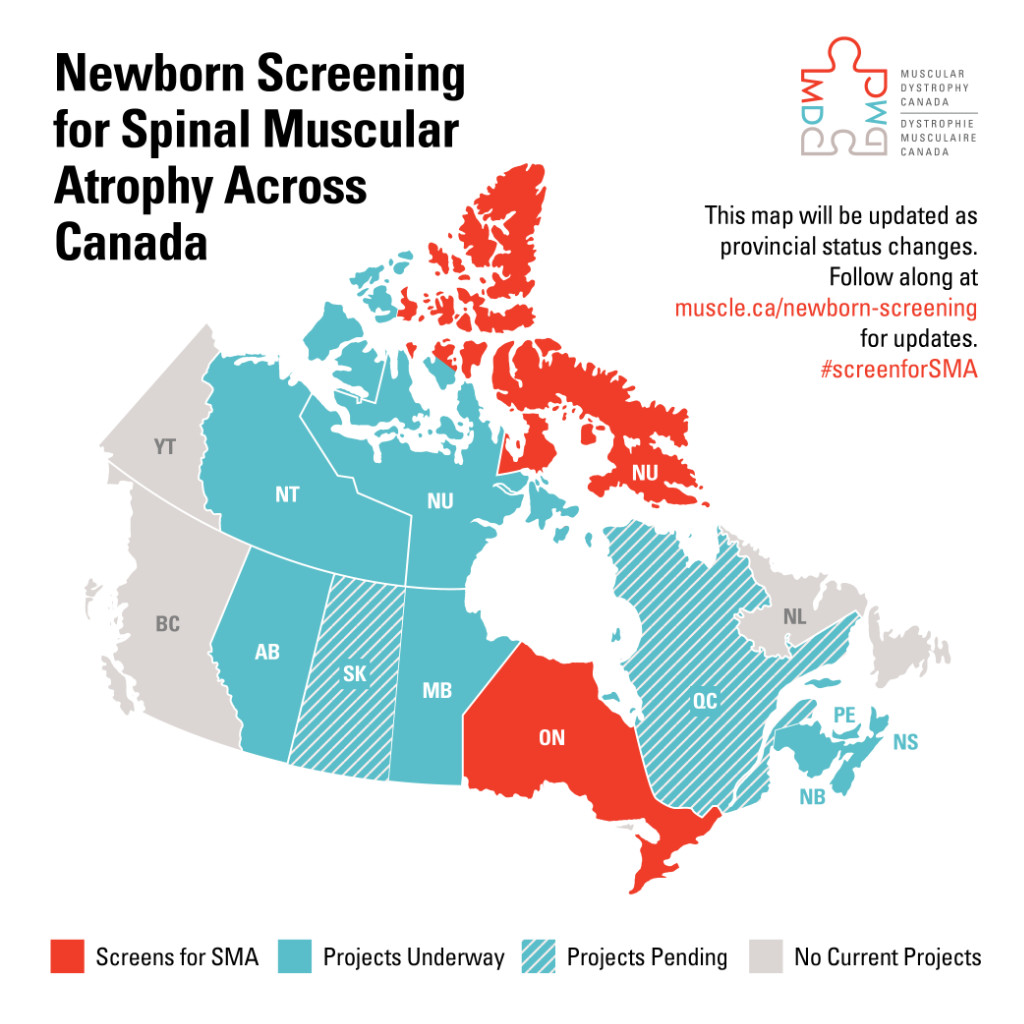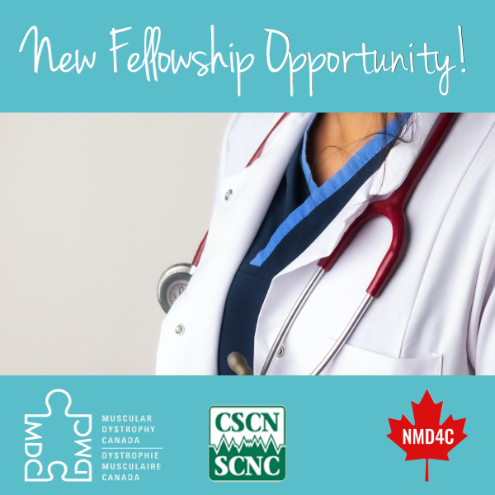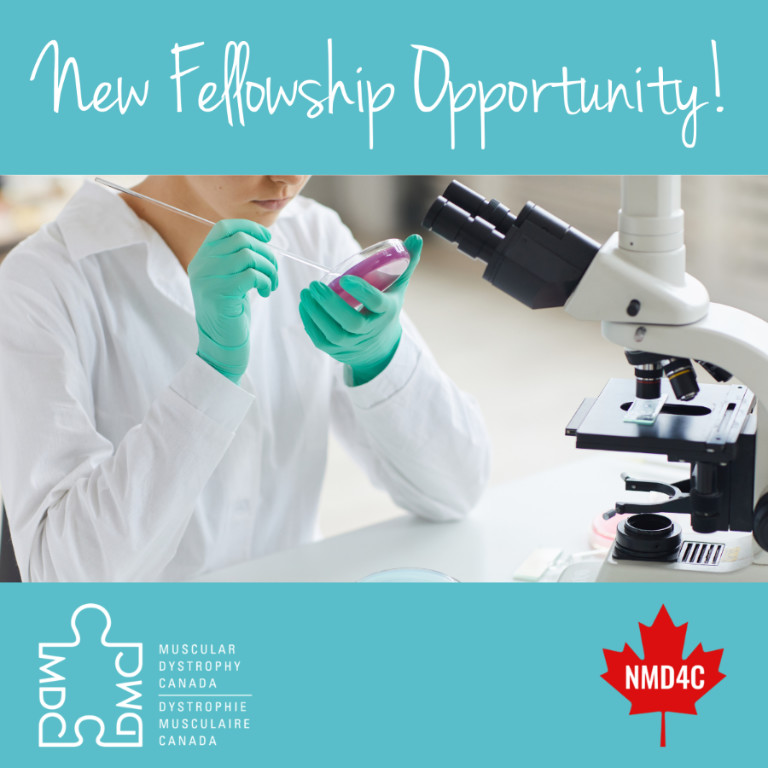Muscular Dystrophy Canada (MDC) together with the Neuromuscular Disease Network for Canada (NMD4C) are excited to announce the recipients of a funding competition, which awarded national post-doctoral fellowships in neuromuscular research. This competition saw many incredible applicants and involved a thorough and extensive review by leading Canadian neuromuscular researchers to ensure the most promising and top-ranked researchers received the funding.
The fellowship provides salary support for early-career scientists to conduct postdoctoral studies in a laboratory focused on research of NMDs. Successful applicants will receive $40,000 in funding over a one-year period.
“This initiative will assist with training and education for the next generation of neuromuscular researchers and strengthens the biomedical infrastructure to build neuromuscular research capacity in Canada. For our clients, this means we are investing in the sustainability of neuromuscular research which brings us one step closer to finding cures.”
Stacey Lintern, CEO of Muscular Dystrophy Canada
Post-doctoral research fellowship recipients:
Emanuela Pannia, PhD

Research Institute, Hospital for Sick Children
Post-doctoral Supervisor: James Dowling, MD, PhD, Clinician and Senior Scientist, The Hospital for Sick Children
Title of Research: Determining the molecular mechanisms and environmental modifiers of progressive liver disease in X-linked myotubular myopathy.
Overview: The goal of this study is to identify the cause of liver disease in X-linked myotubular myopathy (XLMTM) and the effects of diet and the immune system on its development. This study will be the first to identify causes of liver disease in XLMTM and discover new therapies to help children with this devastating disease.
Talita Conte, PhD

Centre Hospitalier Universitaire Sainte-Justine
Post-doctoral Supervisor: Nicolas Dumont Pht, PhD , Assistant Professor, Centre Hospitalier Universitaire Sainte-Justine
Title of research: Novel strategy targeting dysfunctional muscle stem cells to mitigate Myotonic dystrophy type 1
Overview: The goal of this study is to provide important advancements on the new field of eliminating defective stem cells in Myotonic dystrophy type 1 (DM1) cell cultures, which would restore the function of the remaining muscle stem cells. This advancement would open a new option to DM1 patients.
These fellowships exemplify the excellence of future generations of researchers. Generous supporters of Muscular Dystrophy Canada made this funding competition possible. Thank you for making a difference and investing in the future of neuromuscular research.













